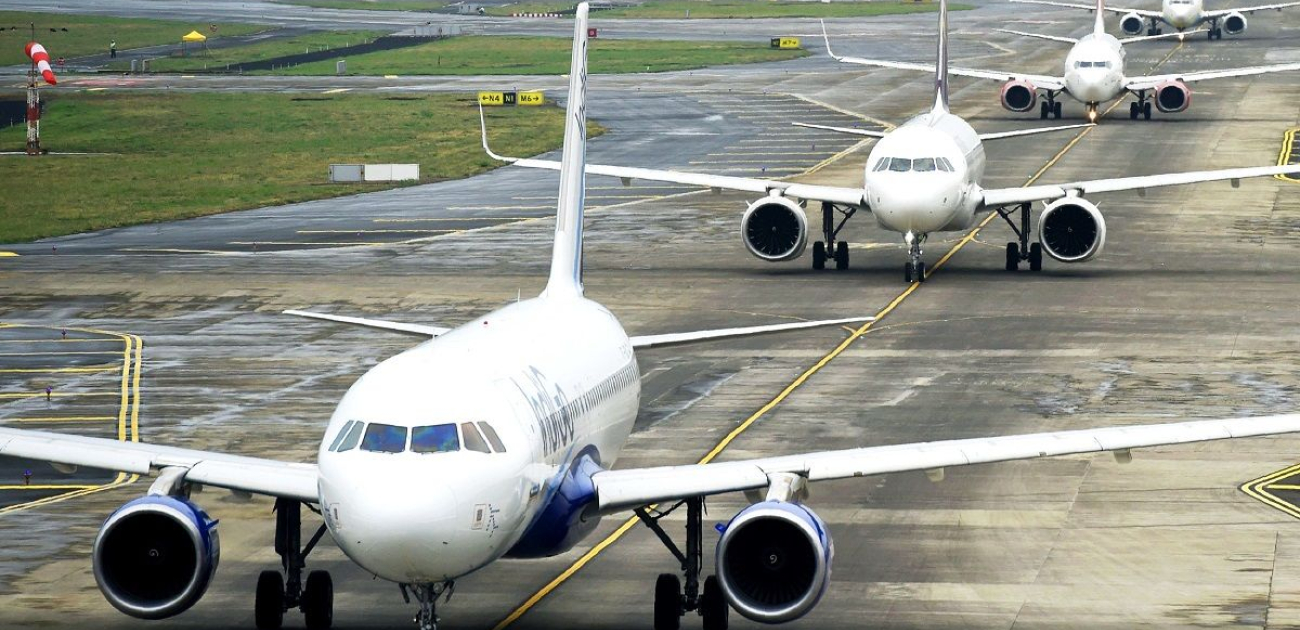Montreal Convention on Harmonization of Certain Rules for International Carriage by AIR
The international transport of passengers, baggage and cargo by an aircraft represents a significant aspect of the air transport and the same is constantly developing due to the numerous advantages over other modes of transport. The need for legal regulation of air traffic represents a result of increased population movements, then the creation of the so-called “global village”, the development of aviation infrastructure, as well as the promotion of the idea of a common market, primarily within the European Union. The same is based on four fundamental freedoms: freedom of movement of goods, freedom of movement of persons, freedom to provide services and free movement of capital.
The first attempts to harmonize the legal norms of the Private International Air Law resulted in the adoption of the Convention on the Unification of Certain Rules for International Carriage by Air in 1929, known as the Warsaw Convention, which represent the first legally binding instrument governing the rights and obligations of air carriers and passengers in international air transport.
The importance of civil aviation has caused the need for a comprehensive regulation of the rights and obligations of air carriers and passengers, while respecting the character of modern civil aviation, so the obsolete Warsaw Convention’s institutes have been replaced by the Montreal Convention on the Unification of Certain Rules for International Air Transport, adopted on 28 May 1999, and entered into force on 4 November 2003. A considerable number of countries accepted the Convention, so today it has over 130 members, including the European Union as an international organization. When it comes to Bosnia and Herzegovina, it has been applied since May 8, 2007. Broad territorial application talks about the importance of this international source of law. Therefore, based on the Montreal Convention, the Civil Obligations Act of Bosnia and Herzegovina was adopted.
The scope of application of the Montreal Convention is limited to the international carriage of persons, baggage or goods carried by aircraft for a fee, as well as for the carriage by aircraft without the fee, conducted by the air carrier. It is important to emphasize that the transport between two places located in the territory of a Contracting State without an agreed stopping point in the territory of the other Contracting State shall not be considered as international transport, and consequently the provisions of the Convention shall not apply to such transport. On the other hand, if the place of departure and destination is in the territory of the same State, but with at least one stopping point in the territory of the other Contracting State, such transport shall be deemed to be international transport within the meaning of the provisions of the Convention.
With regard to the documents and duties of the Contracting Parties – airline and passengers, the Montreal Convention provides that a single or collective transport document is issued for the carriage of passengers or another form containing information on the place of departure and destination and the indication of at least one stopping point in the territory of the other Contracting State, if the place of departure and destination is in the territory of the same Contracting State. For the carriage of baggage, the carrier shall be obliged to issue to the passenger an identification sticker for each piece of checked baggage, while for the carriage of goods, an air consignment note shall be issued, where the manner/content of issuing of the same is regulated by the Convention in detail.
The most important part of the Montreal Convention is definitely Chapter III, which regulates the liability of the carrier for damage and damage compensation in case of death or injury to passengers, damage to baggage or goods, damage caused by delay in the carriage of passengers, baggage or goods, and the carrier’s liability. Special drawing rights determine the amount of damage compensation as a special type of monetary issue issued by the International Monetary Fund and which de facto have the role of “world money”, the value based on the average value of the five world currencies (US dollar, Euro, Chinese Yuan, Japanese Yen and British Pound). The conversion of special drawing rights into national currencies in court proceedings is made according to currency values in terms of special drawing rights on the date of the judgment, while the value of the national currency is calculated according to the estimation method applied by the International Monetary Fund on the Day of Judgment.
The limits of the liability of the carrier are regulated by the Convention, but there is also a possibility of contracting a larger liability limit or even not limiting the liability of the carrier at all. Consequently, the mechanisms of the Montreal Convention provide “minimum rights”, while the provisions releasing the carrier from liability or establishing lower limits of liability than those set forth in the Convention are invalid provisions.
The international jurisdiction of the Court is determined by the provisions of Article 33 of the Montreal Convention, which provides that the proceedings for compensation of damages shall be initiated before the court of the place of permanent residence or seat of the carrier or before the court of the place where the contract is performed or even before the court of the place of the destination, while in the case of a damage resulting from the death or injury of passengers, there is the possibility of initiating proceedings in the place of the main and permanent residence of passengers. In addition, the Convention provides for the possibility of resolving disputes before arbitration, with the obligation to conclude an arbitration agreement in writing.
The right to compensation for damages under the provisions of the Convention is subject to statute of limitations if the claim has not been filed within two years from the day the aircraft arrived at the destination, or from the day when the aircraft was due to arrive at the destination or even from the day the transport was suspended.
Do you want more information?
 Igor Letica
Igor LeticaIgor Letica is a Junior Associate employed by the Law Firm SAJIC since 2018. Igor graduated from the University of Banja Luka School of Law in 2017.

